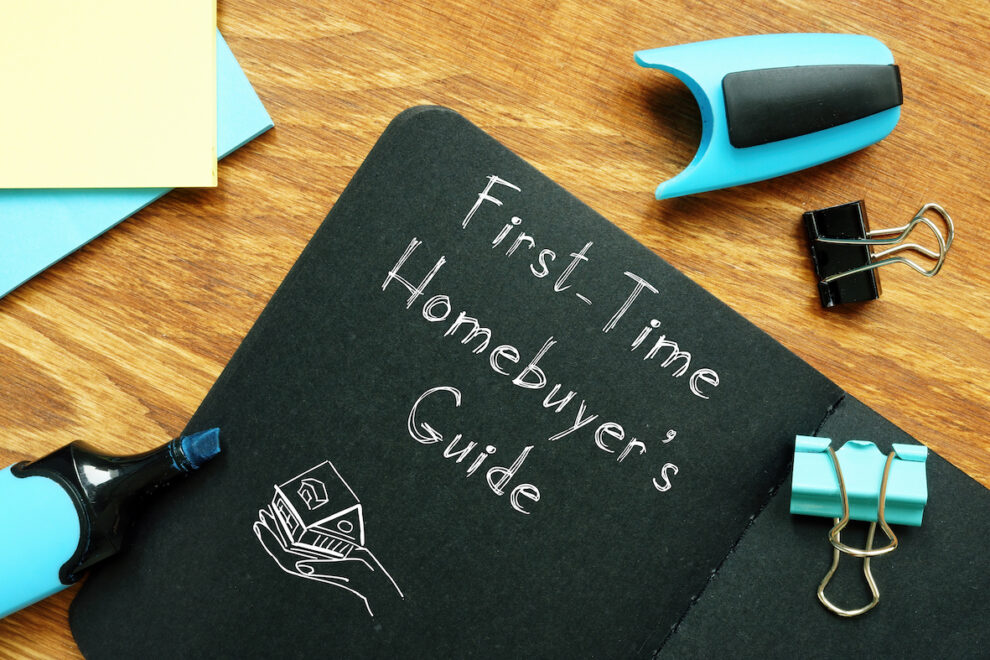Introduction
Purchasing your first home is a thrilling achievement. Still, it can also be overwhelming, particularly for those purchasing a house for the first time in the UK. This all-inclusive handbook offers helpful advice, practical recommendations, and crucial details to navigate the homebuying process successfully. Whether you are a young employee, a newly married pair, or someone wishing to establish a permanent residence, this guide will provide the knowledge to make informed choices and locate your ideal home. Let’s get started!
Understanding the UK Housing Market
The UK housing market is dynamic and diverse, with various factors influencing prices and availability. Before embarking on your house-hunting journey, gaining a solid understanding of the market is essential. Consider the following:
- Research Local Housing Markets: Each region in the UK has its own unique property market dynamics. Research the area where you plan to buy a home, understanding factors such as average house prices, local amenities, transportation links, and future development plans. This information will help you identify areas that align with your budget and lifestyle.
- Know Your Budget: Determining your budget is a crucial step in homebuying. Calculate your affordability by considering your savings, income, expenses, and financial commitments. Consult with a mortgage advisor to understand the amount you can borrow and the associated monthly mortgage repayments.
- Consider Affordability Factors: Besides your budget, consider other affordability factors such as stamp duty land tax (SDLT) and other associated costs like legal fees, surveys, and moving expenses. These costs can significantly impact your overall budget, so factoring them in when considering your affordability is essential.
Finding the Right Property
Once you clearly understand the market and your budget, it’s time to start searching for the right property. Consider the following tips:
- Identify Your Priorities: List your must-haves and deal-breakers for your future home. Consider location, size, number of bedrooms, outdoor space, proximity to schools and amenities, and transportation links. This will help narrow down your search and focus on properties that meet your specific requirements.
- Work with a Reliable Estate Agent: Engaging the services of a reputable estate agent can simplify the homebuying process. They have access to a wide range of properties and can help you navigate viewings, negotiations, and legal processes. Choose an agent with good local knowledge and a track record of assisting first-time buyers.
- Consider Property Types: Explore different property types, including flats, terraced houses, semi-detached, or detached houses, to find what suits your needs and budget. Each property type has pros and cons, so consider maintenance responsibilities, leasehold vs. freehold, and future potential for resale value.
Securing Financing and Mortgage Options:
For most first-time house buyers, securing financing through a mortgage is necessary. Here are some considerations:
- Explore Mortgage Options: Various mortgage options are available, so it’s essential to explore and compare them to find the most suitable one for your circumstances. These may include fixed-rate mortgages, tracker mortgages, or Help to Buy schemes specifically designed for first-time buyers. Consult with mortgage advisors to understand the pros and cons of each option.
- Save for a Deposit: It’s essential to save for a deposit when buying a home, as most mortgage lenders require a deposit of 5% to 20% of the property’s value. Starting to save early is a good idea, and government schemes like Help to Buy ISA or Lifetime ISA offer bonuses for first-time buyers. Consider other options like shared ownership or Help to Buy equity loans.
Navigating Legal and Conveyancing Processes:
Once you’ve found the right property and secured financing, there are legal processes to navigate. Consider the following:
- Appoint a Conveyancer: When searching for a new home, having a conveyancer by your side is crucial. These experts specialize in property transactions and handle all legal aspects, including property searches, contract reviews, and ownership transfers. It’s advisable to select a conveyancer with experience in assisting first-time homebuyers, as they can provide valuable guidance on legal requirements, guarantee all necessary checks are completed, and offer support throughout the process.
- Conduct Property Surveys: Before completing the purchase, it’s advisable to conduct a property survey. This helps identify any potential issues or defects with the property that could impact its value or require costly repairs. The survey results will inform your decision-making and provide negotiation opportunities.
- Review Contracts and Seek Legal Advice: It is essential to review the sales contract carefully and seek legal advice if necessary. Your conveyancer can assist you in understanding any complicated legal terms and point out any clauses that may require negotiation or clarification. Additionally, they will ensure that all necessary legal documentation is prepared correctly and organized.
Finalizing the Purchase and Moving In:
The final steps involve finalizing the purchase and preparing for the move. Consider the following:
- Exchange Contracts and Completion: Once all the legal requirements and financial arrangements are in place, you will exchange contracts with the seller. This legally commits both parties to the transaction. The completion date is agreed upon, and the remaining balance is transferred on that day. You become the legal owner of the property.
- Prepare for the Move: Start planning for your move as the completion date approaches. This includes organizing packing, arranging for a removal company if needed, and notifying relevant parties about your change of address, such as utility providers, banks, and the postal service. Consider taking meter readings and transferring utility accounts to ensure a smooth transition.
If you’re planning to become a first-time house buyer in the UK, preparing well and making informed decisions is essential. To achieve this, you must have a good grasp of the housing market, set a budget, find a suitable property, secure financing, navigate legal processes, and complete the purchase. All these steps require patience and thorough research, but they will help you turn your dream of owning a home into a reality. With careful planning and the right approach, you can confidently embark on this exciting journey and find the perfect home.









Add Comment